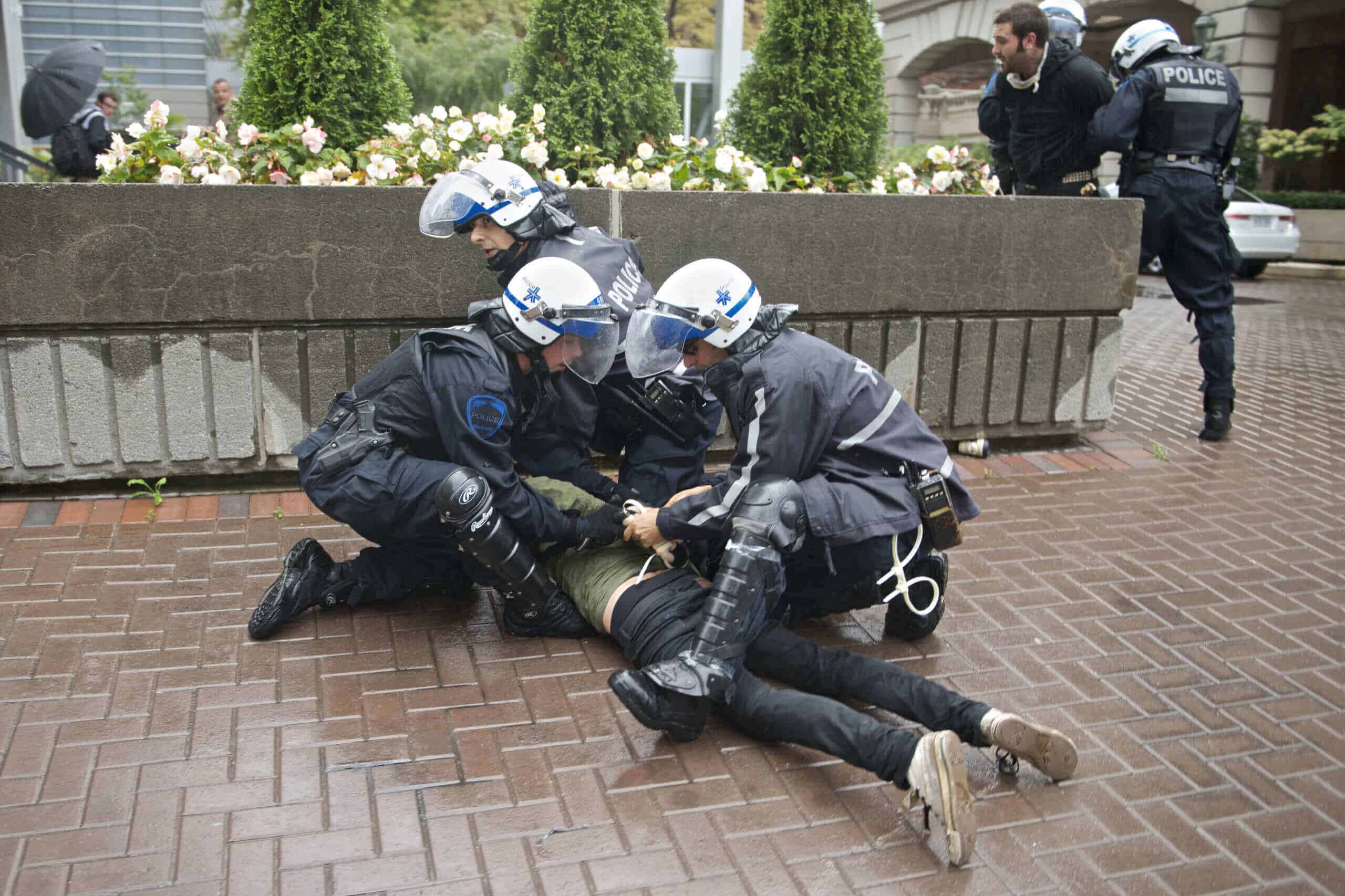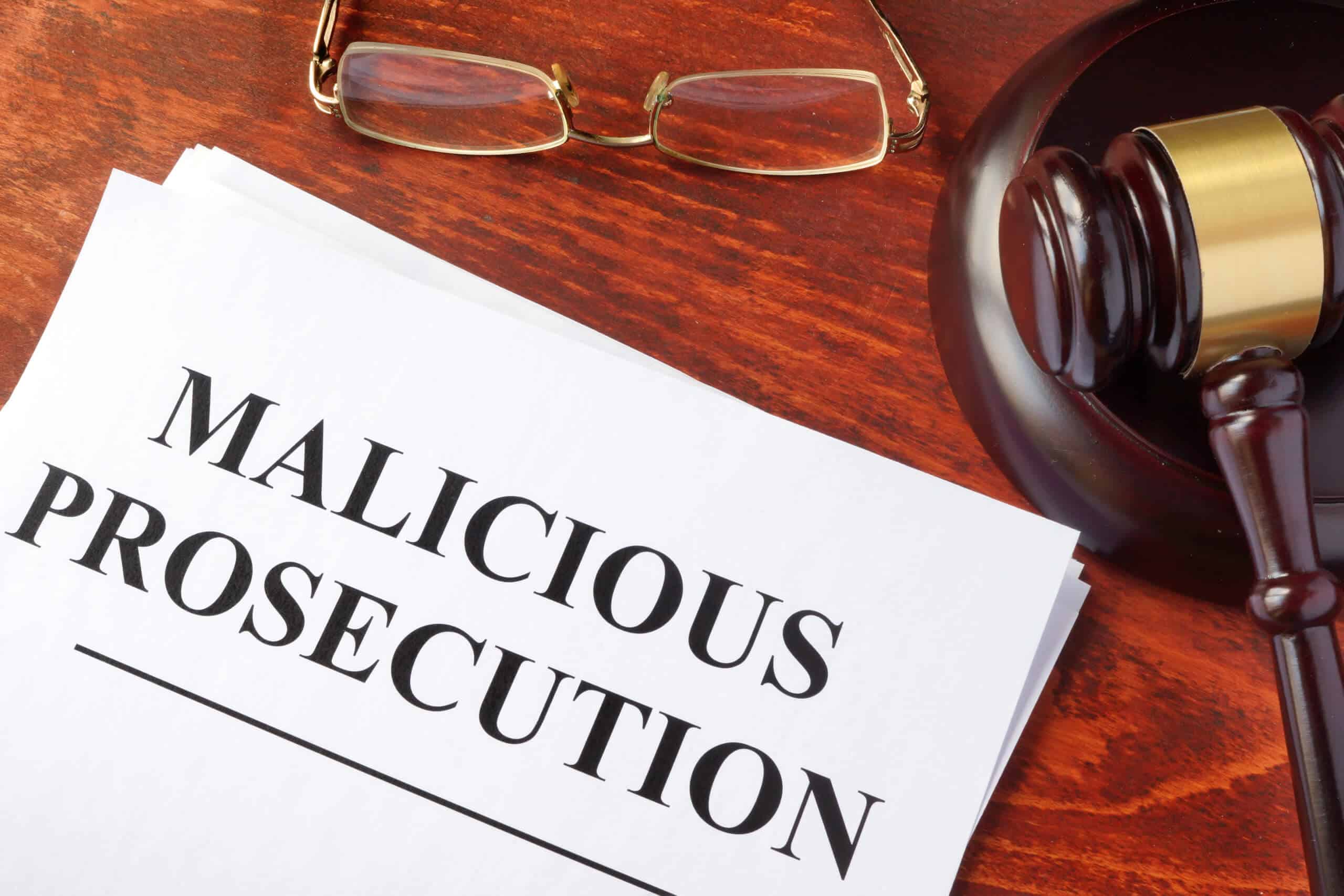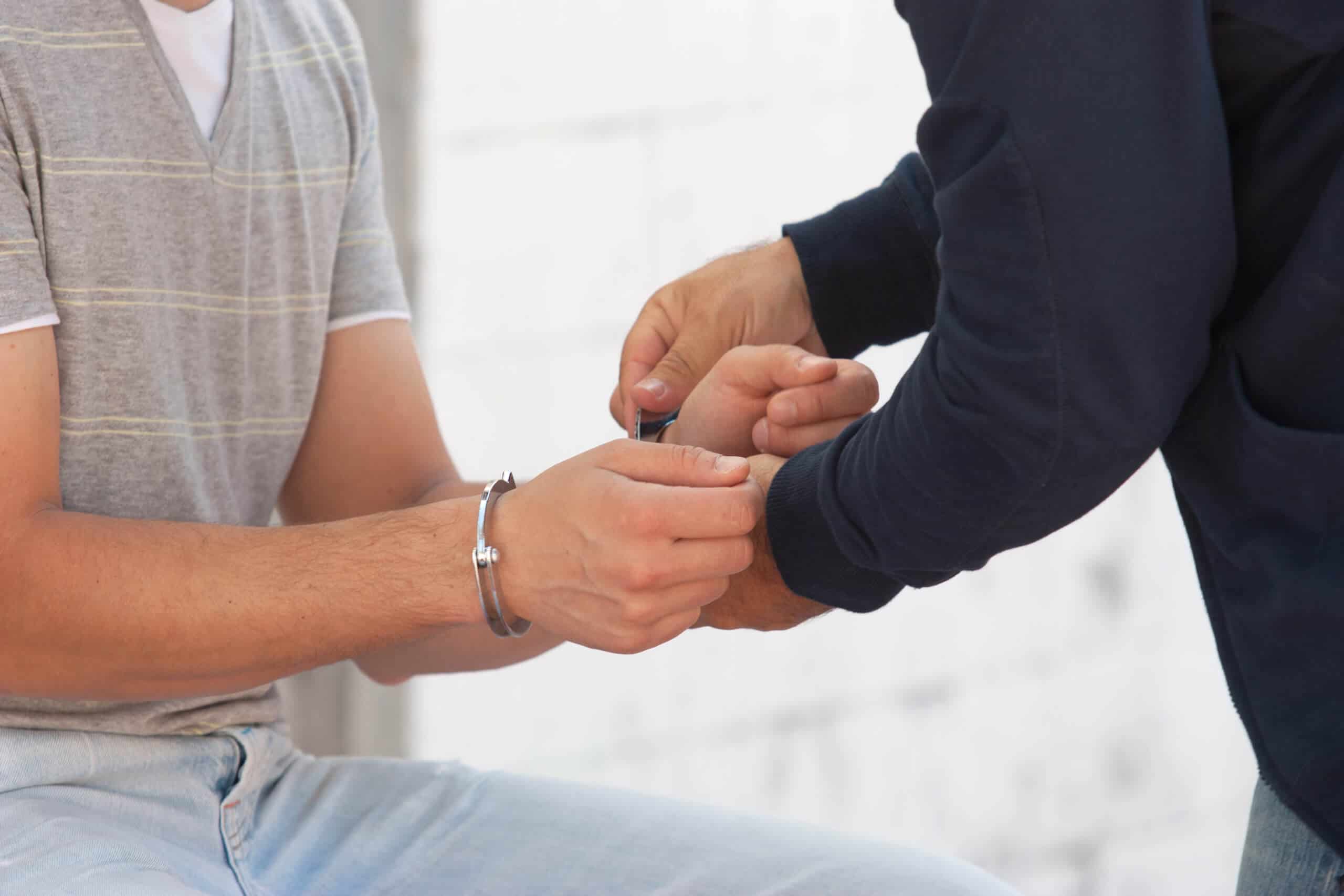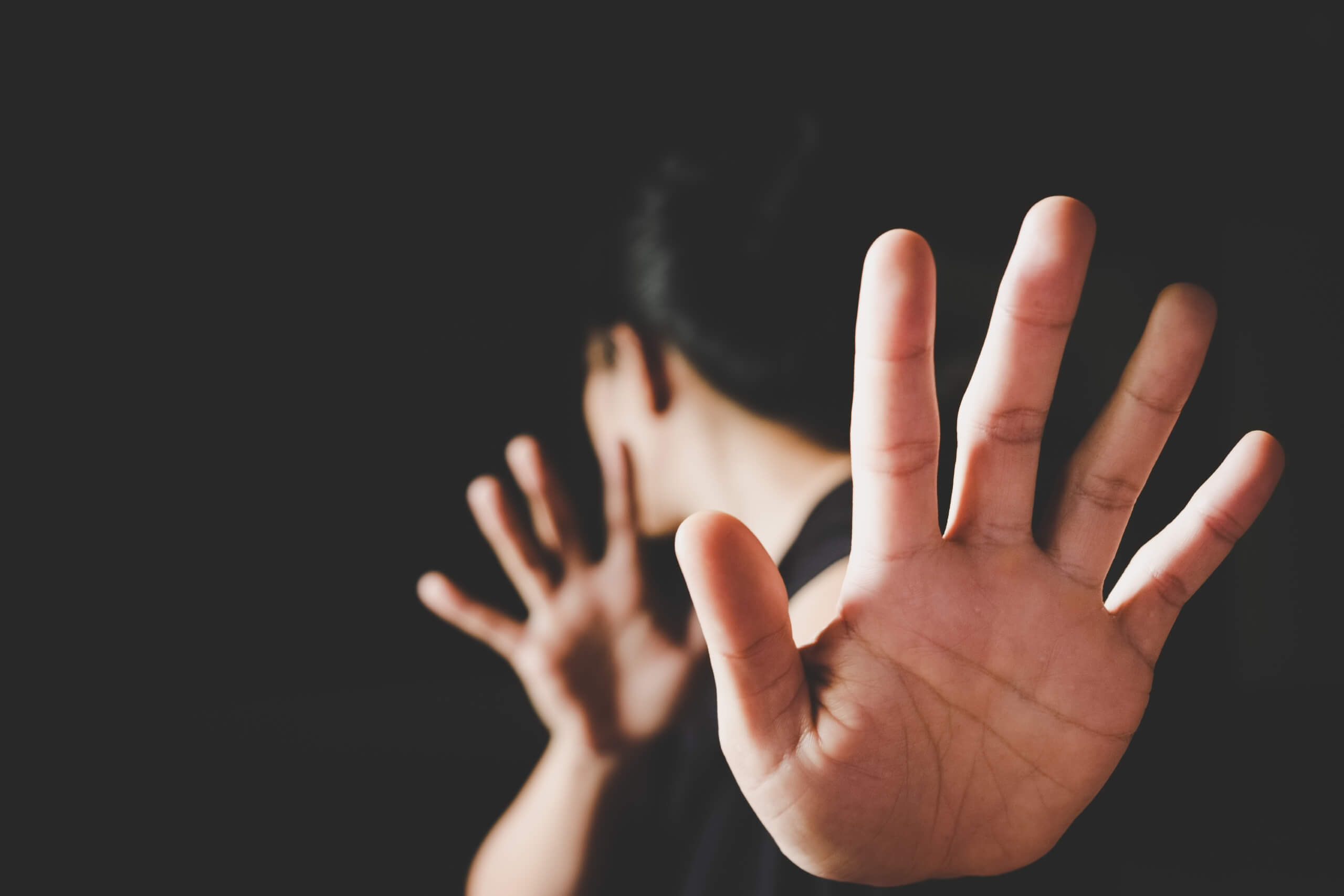Complimentary Phone Consult with an Attorney Today
New Employment Cases 334-237-7773Types of Civil Rights Cases
Civil rights are foundational to a free society. These are basic human rights that guarantee equal opportunities and equal protection under the law – regardless of your race, gender, national origin, skin color, religion, or other personal characteristics. The United States Constitution guarantees certain civil rights and liberties, which include:
Freedom of speech
Freedom of religion
Freedom of assembly
The right to privacy
The right to vote
The right to due process
The right to a speedy and public trial
Freedom from false arrest and malicious prosecution
Freedom from cruel and unusual punishment
The right to equal protection under the law
America has come a long way since our founding in the area of civil rights, but we still have a ways to go. Too many people continue to have their legal rights violated, and this often happens to the most vulnerable people.
If you or a loved one have been denied your rights because you are a part of a protected class, this is a violation of the law. There are legal remedies available to you, and you do not have to suffer in silence. The attorneys at Barrett & Farahany understand this and have dedicated their careers to standing up for those who may have a hard time standing up for themselves. They are seasoned Alabama and Georgia civil rights lawyers with a strong track record of success, both in state and federal court. They are tireless advocates for their clients, and they fight hard to obtain justice on their clients’ behalf.

First Amendment Claims Against
Government Employers
Currently, five different acts cover the many different types of discrimination and wage abuse that employees may face from their employers.
“The Constitution prohibits a government employer from discharging or demoting an employee because the employee supports a particular candidate.” Heffernan v. City of Patterson, 578 U.S.
Slip Opinion 3 (Jan. 19, 2016).
“When an employer demotes an employee out of a desire to prevent the employee from engaging in political activity that the First Amendment protects, the employee is entitled to challenge that unlawful action under the First Amendment and 42 U.S.C. § 1983….” Heffernan v. City of Patterson, 578 U.S.
Slip Opinion 3 (Jan. 19, 2016).
Government employee speech is protected at certain times and places. When you speak, where you speak, and how you speak matters. When filling out your form, tell us the time and place you expressed your concern about government activity. It’s also important to take note of who was in the room listening when you were talking, what you said, and how you have and will campaign for your candidate.
There are many ways for government employees to assert First Amendment rights. Once we understand the who, what, when, and where, our attorneys can determine the why and respond to your inquiry to personally discuss your case.
- Police Brutality and Misconduct
- Malicious Prosecution
- Wrongful Convictions
- Sexual Harassment
- Discrimination

Excessive force or police brutality is a serious issue. While police do have a broad scope of power, this does not make them above the law. Even if an officer had good intentions, when their use of force was unnecessary, it is still considered excessive force.
Police officers are also not allowed to arrest someone without a warrant or a valid reason, commonly referred to as “probable cause”. In other words, the officer must have a good reason to believe that the individual committed a crime. Examples of civil rights violations in this area include planting false evidence or not following proper procedures to establish probable cause.
If you or a loved one have been seriously injured due to police brutality and misconduct, or you have been falsely arrested or imprisoned by the police, you may be able to file a civil rights lawsuit against them. Please call us for a free consultation.

The police are not the only ones that sometimes abuse their power and in doing so violate another person’s civil rights. Prosecutors sometimes engage in this practice by initiating criminal proceedings against an individual, even though they know that there is not enough evidence to obtain a conviction. The state and federal governments have virtually limitless resources, and when they direct these resources to wrongly prosecute an individual, it can be very costly for the individual financially, even if they are ultimately acquitted of the charge against them.

In the worst cases, the end result of malicious prosecution is a wrongful conviction. When someone is wrongfully convicted of a crime, it can be a devastating event. A wrongful conviction can often mean heavy fines, extended jail time, and other long-term consequences. In in the most extreme instances, some individuals have even had their lives taken from them through capital punishment after being wrongfully convicted.

Sexual harassment is far too common in the workplace. In the 21st century, it has no place in our day-to-day lives. About 40% of women are subjected to some type of sexual harassment in the workplace, and this can happen to men as well. Some common examples of sexual harassment include sexually suggestive gestures and communication, offensive jokes, inappropriate, rude, or offensive remarks, repeated unwanted requests, quid pro quos (e.g., career advancement in exchange for sexual favors), unwanted physical advances, and sexual assault.
If you have been the victim of any of these, you do not have to accept this as part of the “work environment”. You have the right to take a stand and take legal action against those who perpetrate (and those who help facilitate) these types of behaviors.

Various forms of discrimination are among the most common civil rights violations. Individuals are routinely discriminated against in the workplace because of their race, age, gender, disability, or another protected class. Discrimination also occurs frequently outside of the workplace in numerous settings; such as when someone is refused admission to a school, denied the right to rent or purchase a home, or denied access to various programs, benefits, services, and facilities based on a protected class. There is no place in our society for discrimination, and those who are victims of it deserve justice.
Contact an Experienced Civil Rights Lawyer
Civil rights violations can come in many forms. There are various legal remedies available for those who have had these rights violated, which can include monetary damages.
Barrett & Farahany is committed to fighting for you and helping ensure that the powerful in our society who trample on the rights of those who are most vulnerable are held fully accountable.
You can also contact us online to schedule a free consultation and case assessment with a United States civil rights attorney at Barrett & Farahany.
Talk To An
Attorney Today
By submitting this form, you are agreeing to receive emails as well as text messages from Barrett & Farahany.
Barrett & Farahany
Georgia Office
3344 Peachtree Road NE, Suite 800
Atlanta, GA 30326
334-237-7773
Alabama Office
2 20th St N, Suite 900,
Birmingham, AL 35203
866-951-0903
Illinois Office
77 W. Wacker Dr. Suite 4500
Chicago, IL 60601
773-337-7999
Phone
Existing Clients: 866-989-0120

